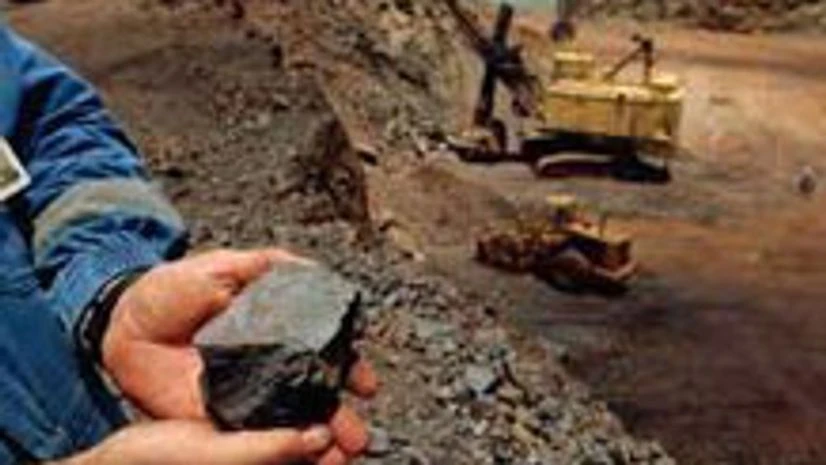Even as the Supreme Court has approved the reopening of Category-A and B mines, subject to statutory approvals in Karnataka, about half the 115 mines are unlikely to resume mining in the near future, owing to expiry of leases and economic drawbacks resulting from low capacities.
As many as 38 mines from both the categories are unlikely to resume mining, as their capacities are very low; resettlement and rehabilitation (R&R) plans of many others are yet to be approved. According to data compiled by the Federation of Indian Mineral Industries, the leases of 17 other mining companies have expired and these are yet to be renewed. As a result, at least 10 million tonnes (mt) of iron ore would not come to the market in the next one to two years.
“Renewal of expired leases is a lengthy process involving approvals at several stages by the state, as well as the Centre. In the normal course of time, it takes at least a year; in the worst-case scenario, it stretches up to two and a half years,” said Basant Poddar, managing director, Mineral Enterprises.
So far, the Supreme Court's central empowered committee has cleared the R&R plans of 57 mines (29 in Category-A and 28 in Category-B), with an annual production capacity of 15.62 mt. Of these, only nine have restarted mining activity; the rest are yet to get other statutory approvals.
The mines awaiting renewal of their leases include the likes of Sesa Goa, Mineral Enterprises, Mysore Minerals, Ramghad Mines and Mining (old lease of Dalmia Mines), Shri Kumaraswamy Mineral Exports and Tungabhadra Minerals.
Sesa Goa, whose mine is under Category-B, has the single-largest approved capacity of 2.29 mt a year. Currently, only Sesa Goa is in advanced stages of getting it's the lease for its mine (in Chitradurga district) renewed; the state government has already sent a recommendation to the Centre in this regard. For Mineral Enterprises, the process was delayed due to the election code of conduct in Karnataka, Poddar said.

Subsequently, the PCCF sends the application to the state government, which recommends it to the Ministry of Environment and Forests (MoEF). After the MoEF's approval, the state government grants the first-stage clearance and sends it to the Centre for final approval. After this, a lease deed is notified and executed. The entire process took about a year, Poddar said.
In the case of Sesa Goa, which applied for a renewal in October 2012, the state government has already sent its recommendation to MoEF.
“Getting a forest clearance is the biggest hurdle. It should not be made mandatory for renewal applications; the government should make it for life so that miners can continue with their activity without much delay,” Poddar said.

)
